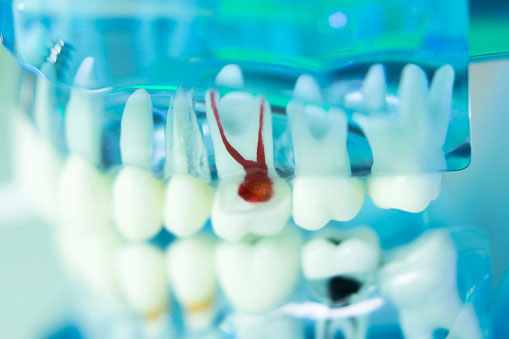Restore Tooth DecayTooth Decay Restorations provided by Jason Larsen, DDS and Jean Larsen, DDS in Murphy, TX at Parkside Dental  There are over 128 million Americans suffering from tooth loss, but what makes the issue appalling is that tooth loss can easily be prevented through regular oral hygiene practices and periodic oral checkups. One of the most common issues why people lose their teeth is because of tooth decay that was ignored for too long. This leads to the tooth getting too damaged to be restored, or because of the bacteria entering through the cavity reaching the gums and causing periodontitis. There are over 128 million Americans suffering from tooth loss, but what makes the issue appalling is that tooth loss can easily be prevented through regular oral hygiene practices and periodic oral checkups. One of the most common issues why people lose their teeth is because of tooth decay that was ignored for too long. This leads to the tooth getting too damaged to be restored, or because of the bacteria entering through the cavity reaching the gums and causing periodontitis. In either case, unchecked tooth decay is to be blamed. If you think that you might have cavities, do not wait too long before getting your teeth checked by our professionals at Parkside Dental. A timely diagnosis and treatment can prevent the condition from aggravating and potentially save your natural teeth too. What Is Tooth Decay?Tooth decay refers to a dent or hole created by bacteria in your teeth. Tooth decay, or cavities, as they are more commonly known, are usually caused by food bits getting stuck within the tiny crevices of your teeth. If not removed for a prolonged period of time, the food bits start getting eaten by bacteria, which then start feeding into the enamel of your tooth. This forms plaque that creates a protective shield for the bacteria and releases acids that eat into your teeth further. As the decay continues to spread to the pulp of your tooth, you may start experiencing pain and discomfort in the tooth, and even swelling of the gums surrounding the tooth. What Are The Symptoms Of Tooth Decay?Toothaches and the formation of black or brown hole-like structures on your teeth that are highly sensitive and painful are the most telling symptoms of cavities. However, sometimes, cavities show no symptoms at all and can develop along the roots of the tooth, and leave no visual cues either. Cavities usually develop in the molars and premolars do due to their structure. Other symptoms of cavities include white or yellow stains on your teeth, as well as a lingering sensitivity to sweet, hot, and cold foods. How Is Tooth Decay Treated And Prevented?The easiest way to prevent cavities is by cleaning your teeth thoroughly twice a day, and not consuming sweet sugary drinks and foods on a regular basis as they attract bacteria. Scheduling cleanings at least once every six months is also a must. Besides that, drinking water throughout the day, especially after meals, helps rinse food particles and bacteria out and also allows the formation of saliva to remove bacteria. Once a cavity is discovered, it is important to get it treated immediately before it spreads deeper into the tooth. If the cavity is a small one, fluoride treatment might be sufficient to remove it and facilitate regrowth in the tooth. If the cavity is too deep, depending upon its severity, a filling or a complete replacement of the crown may be needed. Root-deep cavities require root canals, and extremely diseased teeth need to be removed entirely. However, the final verdict will be that of our expert, which requires a thorough examination of the cavity. If you are interested in knowing more about restoring tooth decay, visit our team at Parkside Dental. To set up an appointment, give us a call at (972) 442-7550. |